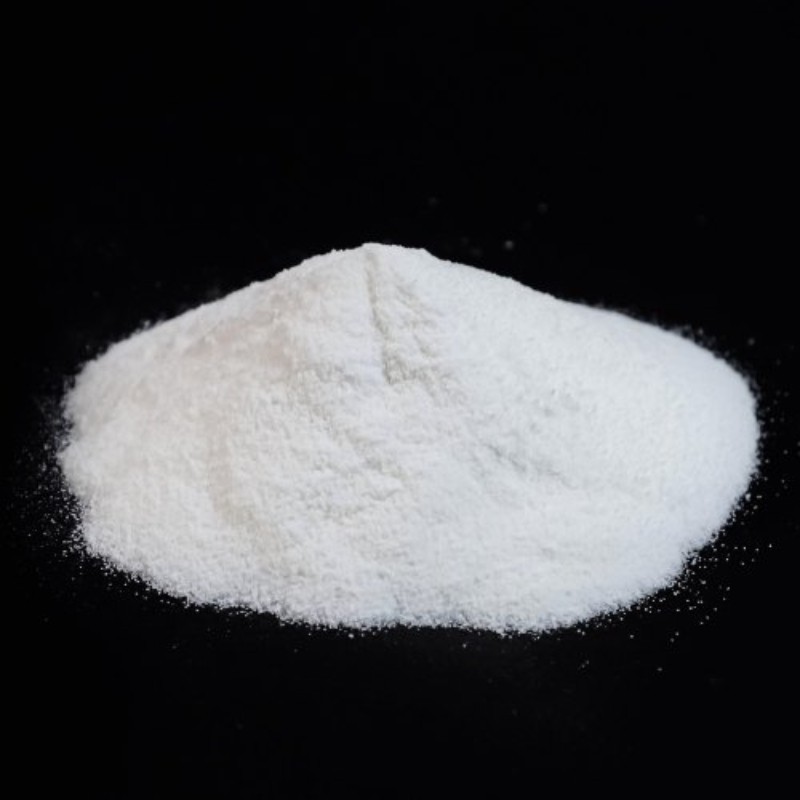Sodium sulfate (also known as sodium sulphate or sulfate of soda) is the inorganic compound with formula Na2SO4 as well as several related hydrates. All forms are white solids that are highly soluble in water. With an annual production of 6 million tonnes, the decahydrate is a major commodity chemical product. It is mainly used as a filler in the manufacture of powdered home laundry detergents and in the Kraft process of paper pulping for making highly alkaline sulfides.
The decahydrate of sodium sulfate is known as Glauber's salt after the Dutch/German chemist and apothecary Johann Rudolf Glauber (1604–1670), who discovered it in Austrian spring water in 1625. He named it sal mirabilis (miraculous salt), because of its medicinal properties: the crystals were used as a general-purpose laxative, until more sophisticated alternatives came about in the 1900s.[4][5]
In the 18th century, Glauber's salt began to be used as a raw material for the industrial production of soda ash (sodium carbonate), by reaction with potash (potassium carbonate). Demand for soda ash increased, and the supply of sodium sulfate had to increase in line. Therefore, in the 19th century, the large-scale Leblanc process, producing synthetic sodium sulfate as a key intermediate, became the principal method of soda-ash production.
Sodium sulfate has unusual solubility characteristics in water.[13] Its solubility in water rises more than tenfold between 0 °C and 32.384 °C, where it reaches a maximum of 49.7 g/100 mL. At this point the solubility curve changes slope, and the solubility becomes almost independent of temperature. This temperature of 32.384 °C, corresponding to the release of crystal water and melting of the hydrated salt, serves as an accurate temperature reference for thermometer calibration.

Login To Comment